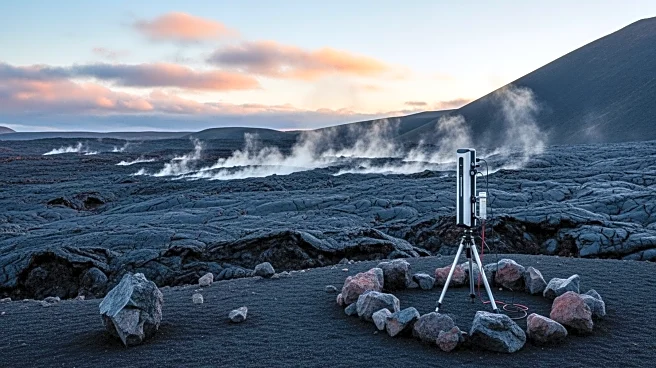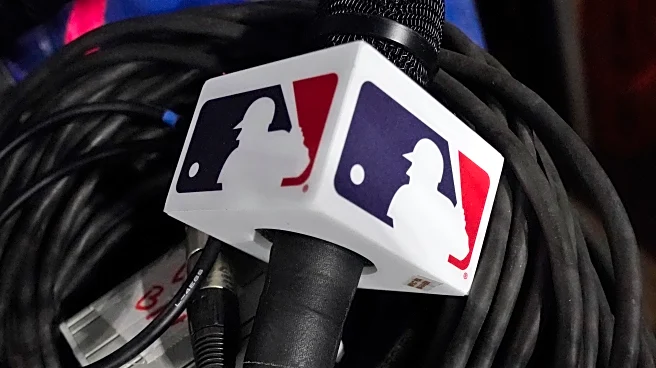Rapid Read • 7 min read
The Corporation for Public Broadcasting (CPB) has announced it will begin winding down operations after President Trump signed a law retracting $1.1 billion in funding through fiscal year 2027. This decision follows a party-line vote approving cuts to public broadcasting as part of a larger $9 billion rescissions package. CPB President Patricia Harrison expressed disappointment, noting the closure marks the first time in nearly 60 years that Congress has refused to fund the organization. The CPB, a private nonprofit, channels federal money to public media stations nationwide, supporting programming and emergency alert systems. The closure will result in the elimination of most staff positions by September 30, 2025, with a small team remaining until January to manage compliance and financial obligations.
AD
The closure of CPB is significant as it impacts public media stations across the U.S., particularly those in rural and economically disadvantaged areas that rely heavily on federal funding. Public media has been a trusted source for educational content, emergency alerts, and cultural programming. The loss of funding could lead to reduced services and programming, affecting communities that depend on these resources. NPR and PBS, which receive substantial portions of their revenue from CPB, may face challenges in maintaining operations and programming quality. The decision has sparked concern among public media supporters, with a Harris Poll indicating that 66% of Americans support federal funding for public radio.
Public media organizations are likely to seek alternative funding sources to mitigate the impact of the federal cuts. NPR has pledged $8 million from its budget to assist local stations in crisis. The closure may prompt increased fundraising efforts and community support initiatives to sustain operations. The broader media landscape may see shifts as public media stations adapt to reduced federal support, potentially affecting programming diversity and accessibility.
AD
More Stories You Might Enjoy












